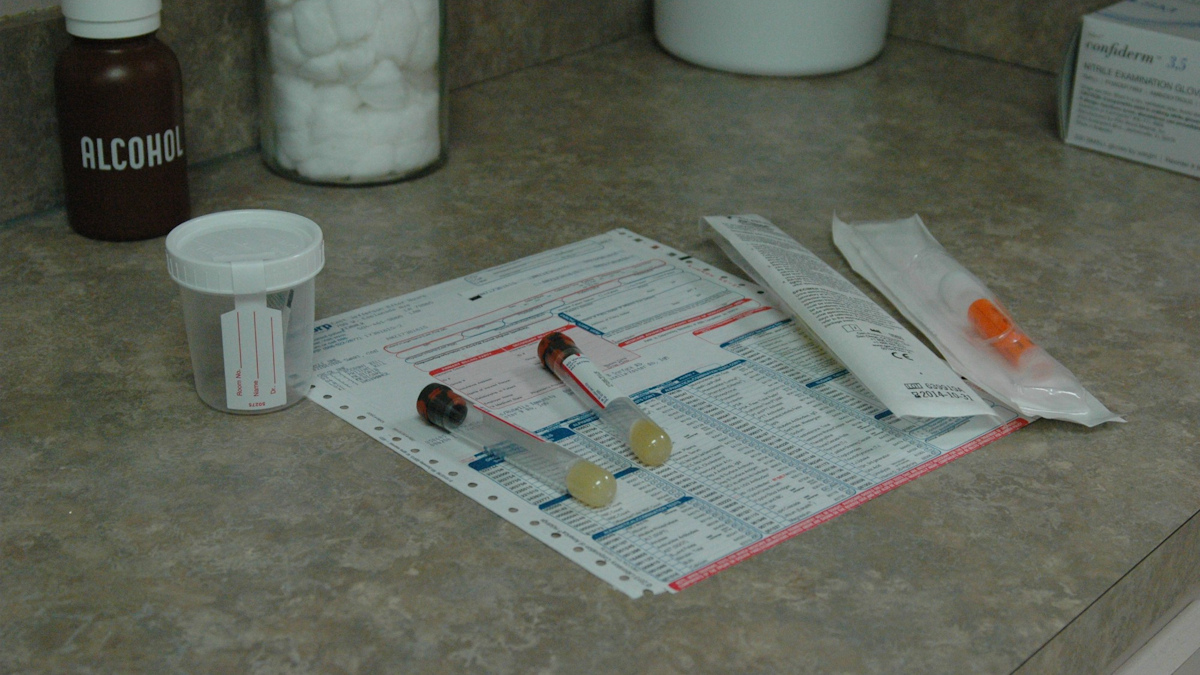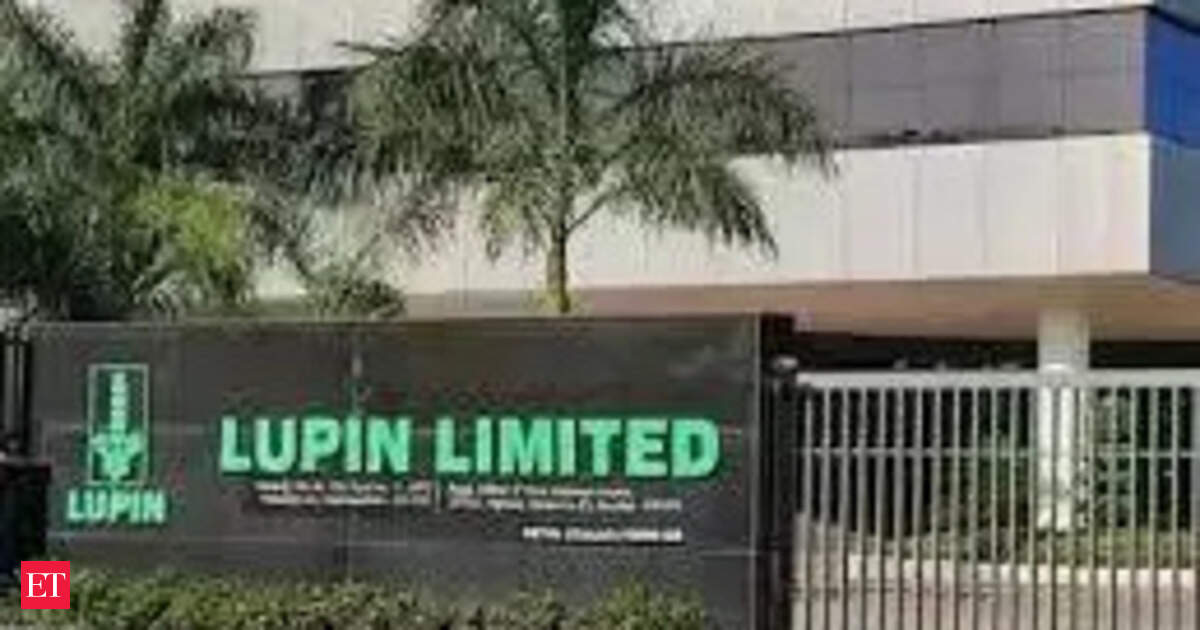
A UK start-up, Procyon Diagnostics, has spun out of Queen Mary University of London with a mission to deliver tests that can spot cancer in the early stages, when treatment has the best chance of working.
The company has been launched to develop a diagnostic technology invented by Queen Mary’s Prof Tatjana Crnogorac-Jurcevic that uses machine learning to analyse protein biomarkers from blood and urine and is being applied initially to the detection of pancreatic cancer.
An oversubscribed seed funding round will give Procyon the financial resources it needs to launch its first diagnostic – dubbed PancRISK – in the UK early next year, according to the start-up, which says this is the first of “many single-cancer early detection tests” it will develop.
Pancreatic cancer is an important starting point for the company’s approach as it has one of the lowest survival rates among common cancers, with less than 10% of patients in the UK living for five years after their diagnosis.
That is because there is no screening test for pancreatic cancer available, with diagnoses often relying on indirect symptoms like diabetes and sudden weight loss, followed by blood tests, CT scans, and a biopsy to confirm the presence of cancer cells.
Most patients are only identified when their disease is at a late stage, however, and up to 80% get a firm diagnosis only after their disease has advanced too far for curative treatment.
To try to address the lack of a screening test, the NHS recently launched a pilot to try to identify people at risk of pancreatic cancer from their medical records, so they can be referred for further testing, in the hope of improving detection and survival rates.
As a non-invasive, biomarker-based test carried out on urine samples, PancRISK could be used to screen people for the disease at regular checkups. It could also allow many more people to have surgery to remove their tumour, which is currently the only potentially curative treatment.
The test looks for a panel of three proteins in urine that, in prior studies involving pancreatic cancer patients and healthy volunteers, have been shown to detect early-stage pancreatic cancer with nearly 95% accuracy and shave around two years off the typical time to diagnosis.
The initial findings are being validated in a £1.6 million, 3,000-subject study – called UroPanc – which is being funded by the Pancreatic Cancer Research Fund and finished recruiting patients in the summer. If it confirms the accuracy of the biomarkers, a standardised urine test will be developed.
“By detecting early on, our tests could save thousands of lives each year and make regular surveillance a realistic possibility,” said Prof Crnogorac-Jurcevic, who is acting as chief scientific officer of the new company. “By establishing Procyon as a new spinout, we can bring these tests to patients as soon as possible.”
Procyon is led by Dr Tony Cooke, a diagnostics industry veteran who was most recently chief executive of Cambridge Clinical Labs.
He said the creation of the company is “a milestone moment for precision oncology diagnostics,” adding that the seed funding exceeded targets, “underlining the demand for practical, high-accuracy cancer detection.”









